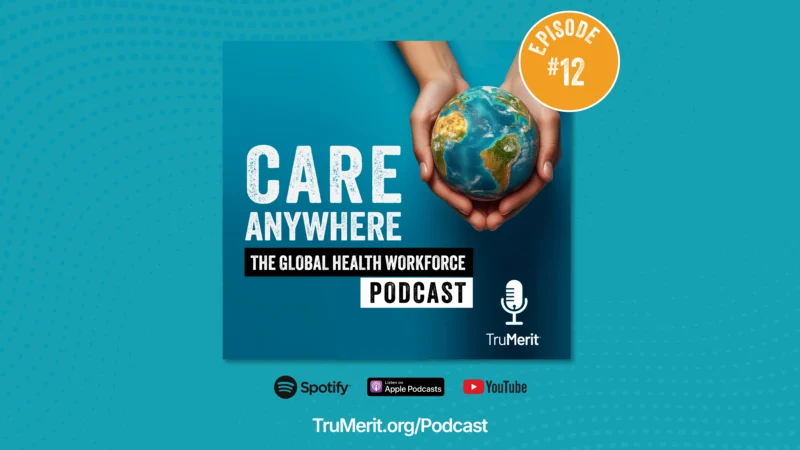Do the Challenges Outweigh the Potential of Using ChatGPT in CDI?
Chat GPT in CDI (Clinical Documentation Integrity) is real. In the rapidly evolving realm of artificial intelligence (AI), the chatter has reached a fever pitch around the potential uses of ChatGPT, OpenAI’s conversational AI model. Since its unveiling in November 2022, advocates have championed the technology’s potential in sectors as varied as healthcare, marketing, law, and education. The Clinical Documentation Integrity (CDI) space is in the crosshairs of this discussion, especially as AI continues to reshape healthcare delivery. There are already concerns about potential malpractice risks associated with the use of AI. Still, the question remains: can ChatGPT in CDI solve all its related issues and challenges?
The Iodine Intelligence podcast, hosted by Iodine Software’s Marketing Manager, Lauren Hickey, grapples with this timely question. Hickey’s guest, Fran Jurcak, Chief Clinical Officer at Iodine Software, joined the conversation to dissect the implications of ChatGPT in CDI.
Hickey and Jurcak discuss the following:
- The capabilities and limitations of ChatGPT and its underlying Natural Language Processing (NLP) technology in the context of CDI
- The potential issues with the biases inherent in AI technologies, including ChatGPT
- The future possibilities for CDI through a blend of AI technologies and whether ChatGPT could play a role in that solution
Fran Jurcak, a seasoned healthcare leader and the Chief Clinical Officer at Iodine Software, brings a wealth of knowledge and experience to this conversation. Known for her clinical strategy expertise, Jurcak has been instrumental in exploring and applying AI’s potential within the CDI landscape, leveraging her rich background in healthcare, nursing, and technology to chart a forward-thinking path for Iodine Software.
ChatGPT’s potential in CDI is a complex issue, as the conversation reveals. While the technology’s ability to generate original content based on a user’s request shows promise, its limitations—specifically, its inability to interpret information contextually and identify missing data—pose significant challenges, including whether or not physicians will meticulously check the work for accuracy. Moreover, the AI’s existing biases, fueled by the online textual data used for training, could present serious ethical implications when applied to medical documentation. According to Jurcak, while ChatGPT alone may not be the magic bullet for CDI, its integration with other AI technologies could open new avenues for innovation in the future.



